Susan Estrich: The Mormon Question
What does it say about us that 37 percent of Americans say they wouldn't vote for Mitt Romney for president solely because of his Mormon religious affiliation?Susan Estrich
Is America ready for a Mormon president?
Earlier this week, on his last day as governor of Massachusetts, Mitt Romney took the ceremonial walk out of the Statehouse and into the biggest race of his life. As Romney was passing the baton to Massachusetts’ first black governor, his aides were filing papers in Washington to establish a presidential exploratory committee for the charismatic former head of the Salt Lake City Olympics.
As in the case of Barack Obama and Hillary Clinton on the Democratic side, the Romney candidacy is a challenge to our conventional definition of who gets to grow up and become president. Here, it is not race or sex but religion that is the issue. Romney looks like every former president, but his faith is a different matter. He is a Mormon, and more people than you might think are more open than you might expect about their problems with that fact.
In public polls, as many as 37 percent of all voters have said they don’t think they could vote for a Mormon for president — a higher number than you get when you ask the same question about whether people could vote for a woman or a black. The conventional rule of thumb about such questions is that the real number is always higher. For every one who is willing to admit his or her bias, there are others who share it but won’t tell. In short, 37 percent is a stunner.
Romney had his friends and his foes in Massachusetts, but there’s no evidence that the fact that he believes in things many Christians find strange — that Jesus came to America after he was resurrected, and that God was once a man, for starters — had anything to do with his handling of the Big Dig or the Massachusetts economy. Why would it? What does belief in the trinity have to do with balancing a budget?
When John Kennedy ran for president and questions were asked about America’s willingness to accept a Catholic as its leader, the fear was that a president who wasn’t Protestant would take his orders from Rome.
Is there anyone who thinks Salt Lake will be sending signals to Washington if Romney is residing on Pennsylvania Avenue? If anything, the big challenge for Romney is getting around some of his earlier comments suggesting a more liberal attitude toward gay rights and abortion than either the Mormon Church or his target conservative audience would endorse.
In an effort to address the religion issue, Romney reportedly met earlier this fall with a group of leading evangelists, including Jerry Falwell, Franklin Graham and Richard Land of the Southern Baptist Convention, who were invited to the governor’s home to discuss not political issues but issues of faith. And as they quizzed him on his faith, one of the ministers focused on Romney’s beliefs about Jesus Christ. “When I say Jesus Christ is my Lord and savior, I realize that means something different to you than it does to me,” Romney reportedly answered, but he emphasized that, like his Baptist questioner, he too believed in the virgin birth and the resurrection. “So you’re really a Baptist?” the minister replied.
Not according to some of the Baptists I talk to. “Never,” one Southern Baptist academic said to me in speaking of whether he would support a Romney candidacy. This was not some ignorant hick I was talking to, but an administrator at a leading Southern Baptist university. True, there are many people who wouldn’t vote for Hillary because she is a woman or Obama because he is black, but I have never heard anyone express those biases with such openness and so little embarrassment. With Romney and the Mormon question, you hear it all the time.
Of course a person’s religion affects his or her values, which in turn shape and influence that person’s leadership. Most of us don’t walk around with an internal wall between our religious selves and our public lives. To do so would itself represent a denial of the social justice values that our religion teaches. But there is a difference between that sort of influence and the idea that we do our politics as a way of enforcing our religion, which would mean that only someone who believes what most of us do is qualified to lead. Can it be that private religious beliefs count for so much? And what does that say not about Romney but about us?
To find out more about Susan Estrich and see works by other Creators Syndicate writers and cartoonists, visit the Creators Syndicate website at www.creators.com.
Copyright 2007 Creators Syndicate Inc.
Your support matters…Independent journalism is under threat and overshadowed by heavily funded mainstream media.
You can help level the playing field. Become a member.
Your tax-deductible contribution keeps us digging beneath the headlines to give you thought-provoking, investigative reporting and analysis that unearths what's really happening- without compromise.
Give today to support our courageous, independent journalists.

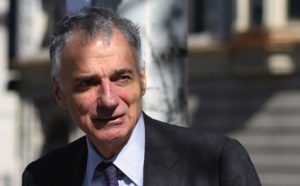

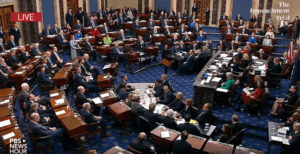
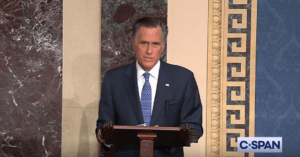
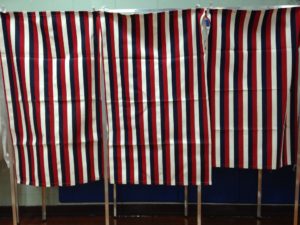
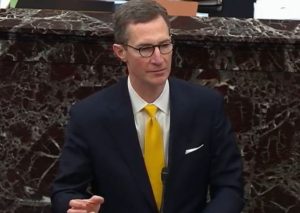


You need to be a supporter to comment.
There are currently no responses to this article.
Be the first to respond.